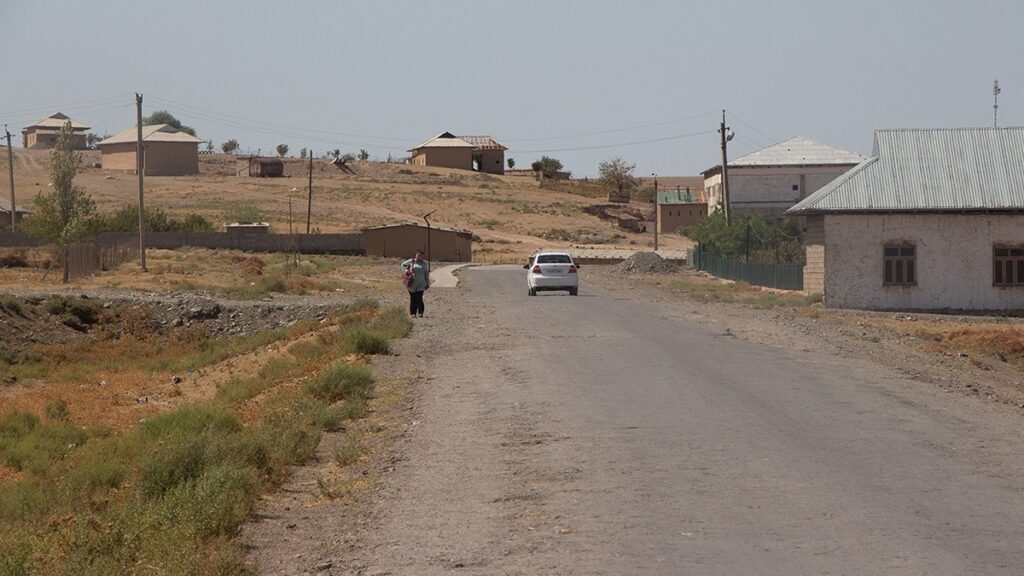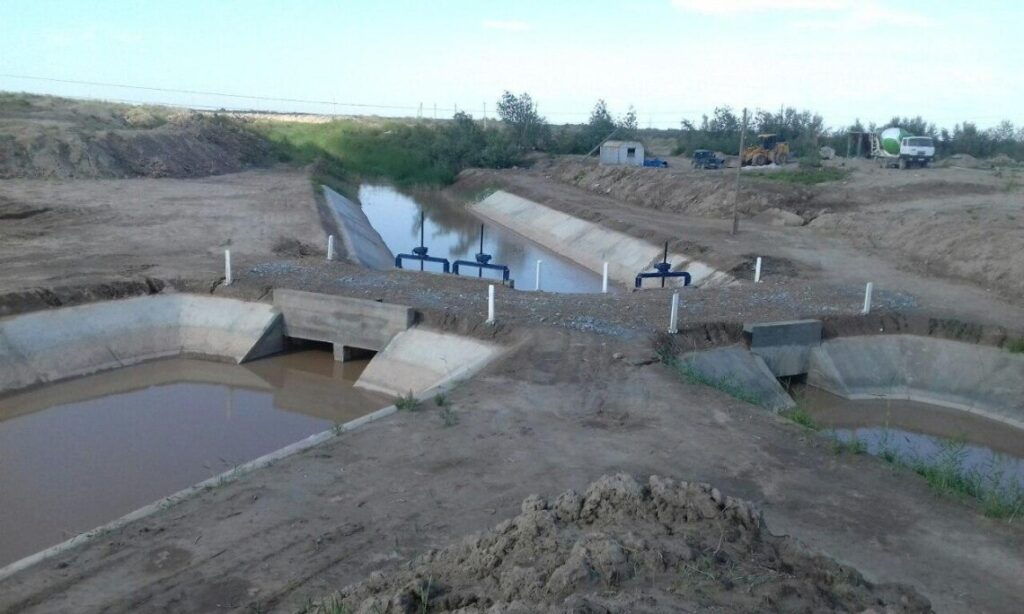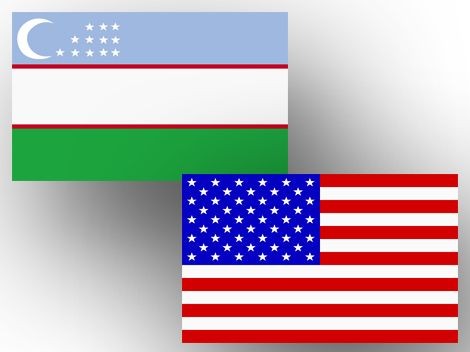ADB to Improve 700 km of Rural Roads in Uzbekistan The Asian Development Bank (ADB) has approved a $240 million loan to improve 700 kilometers of rural roads in Uzbekistan, making them safer and more climate-resilient in order to enhance connectivity and promote rural development, the Bank said on December 11th. “With almost half of double-landlocked Uzbekistan’s population living in rural areas that rely on agriculture as the main source of livelihood, connectivity is critical,” said ADB Director General for Central and West Asia, Yevgeniy Zhukov. “Keeping rural communities connected to markets and services through safe, reliable, and climate-resilient rural roads is essential to achieve inclusive, sustainable economic development.” Aligned with the government’s National Development Strategy 2030 and the Rural Road Strategy 2035, the project marks a key initiative to kickstart the government’s Rural Road Program. It will focus on local and inter-farm rural roads in twelve regions and the Republic of Karakalpakstan. The improvements aim to enhance capacity, quality, connectivity, ensuring safety and climate resilience through reinforced embankments, bridges, culverts, and drainage systems. As a pioneering effort in Uzbekistan and the Commonwealth of Independent States, the project will provide rural communities and farmers with all-weather access to markets, schools, health services, and district centers. “ADB will help strengthen the operational capacity of both the Committee for Roads and local governments for the sustainable maintenance of rural roads,” said ADB Senior Transport Specialist, Yongkeun Oh. “We will support the implementation of a web and GIS-based rural road asset management system to improve decision-making and planning capabilities, leading to more efficient maintenance and resource allocation.” To capitalize on improved access to markets and economic opportunities, the project also aims to empower rural women through training in sustainable agriculture and climate-resilient practices. Community development facilities will be upgraded to provide entrepreneurship and livelihood skills training, alongside campaigns to raise awareness about gender violence and road safety.






